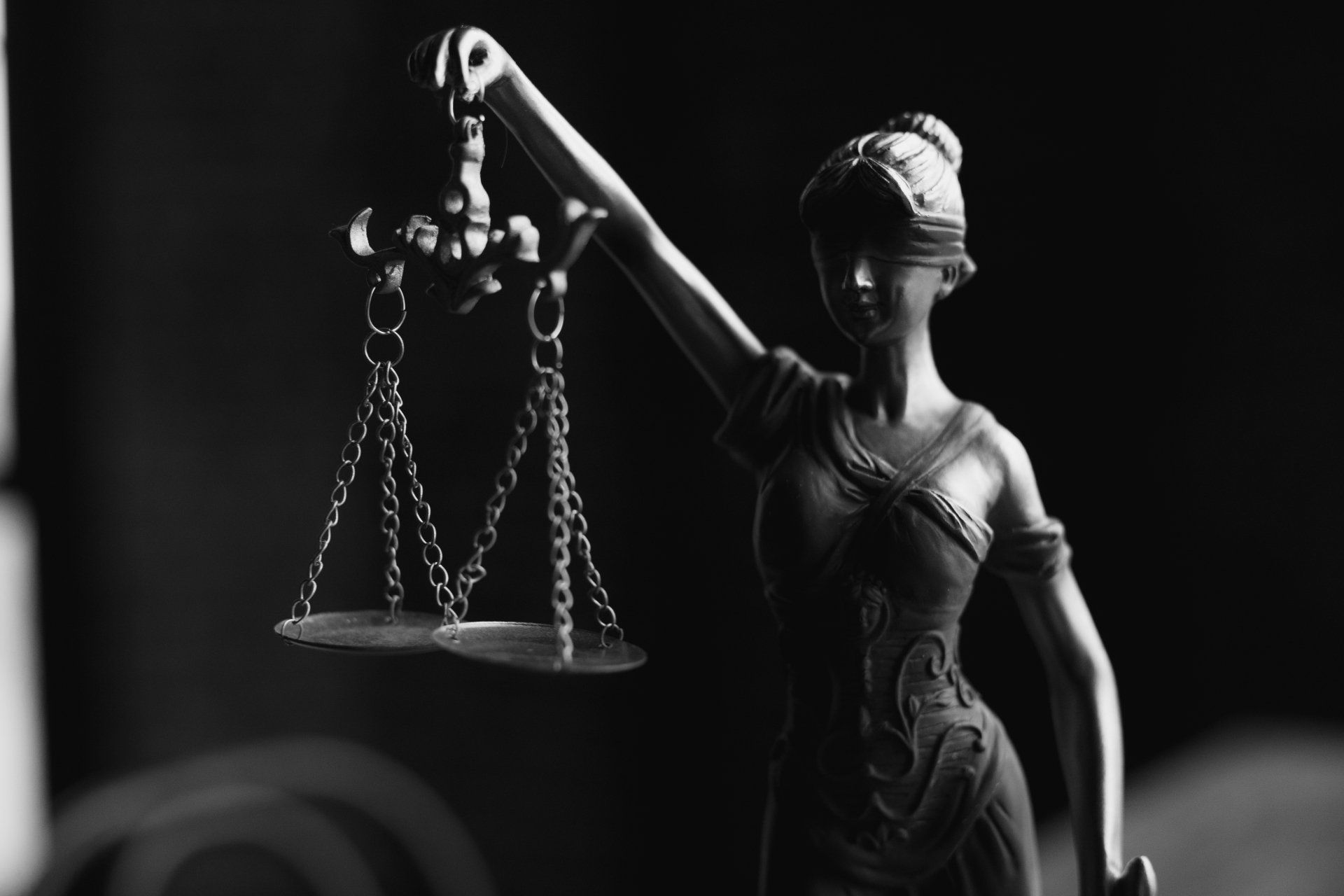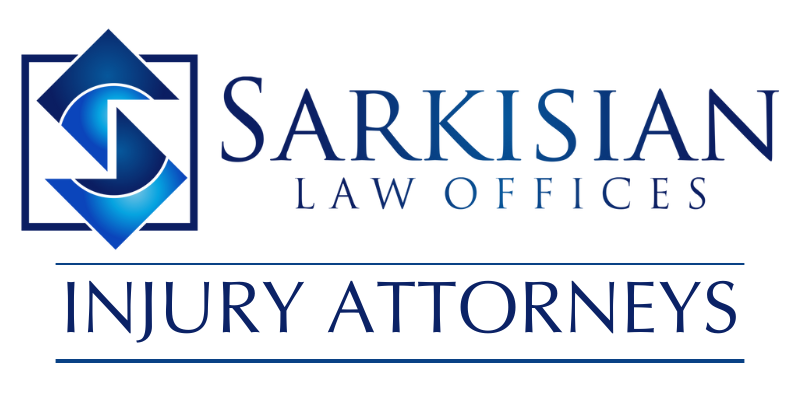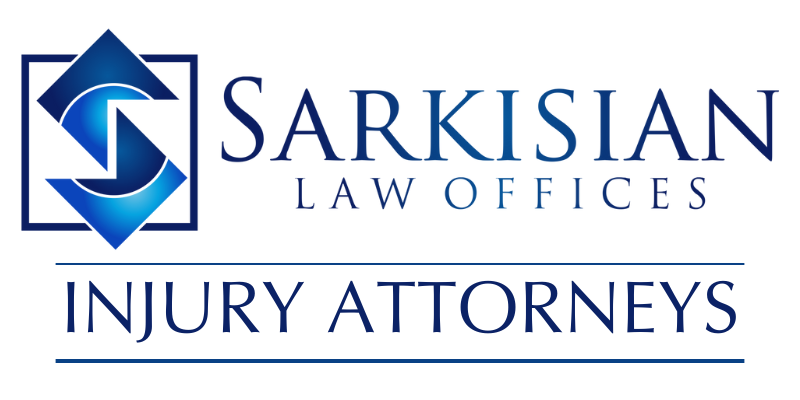Wrongful Death Lawsuits
Named Best Law Firm by US News and World Report
Complimentary No Obligation, No Pressure Case Analysis
Sarkisian Law is dedicated to helping families in Northwest Indiana
Nothing is more devastating to a family than the loss of a parent, spouse, or child that occurs because of the negligence of others. Having represented grieving families of those killed by negligent acts, the attorneys at Sarkisian Law Offices know that legal action can never truly compensate for such a loss.
While there is no way to replace a loved one when they have been killed due to negligence of another, Indiana law does give survivors certain protections in these types of cases. You may be able to seek compensation for the losses you have suffered as a result of your loved one’s death.
At Sarkisian Law Offices, we work to protect the rights of the injured and the family that is left behind, to help preserve the quality of life that they once enjoyed.
Definition of Wrongful Death
A death can be defined as “wrongful” when a person’s negligent actions caused a tortious injury that resulted in another individual’s death.
A claim for wrongful death damages can only be brought forward by the victim’s close relatives, also called survivors. This includes the victim’s spouse, children, or other close relatives who can be considered a dependent of the victim.
A wrongful death claim must be filed within a certain period of time after the victim’s death. This is called the statute of limitations, and in Indiana, this time frame is generally two years.


Proving Fault In A Wrongful Death Claim
To successfully file a wrongful death claim in Indiana, several things must be able to be proven.
First, you must prove that the defendant owed a duty of care to the victim. A duty of care exists in certain relationships where one person has an obligation to adhere to certain standards of conduct in order to protect another person from harm.
To successfully pursue a wrongful death claim, you must illustrate to the court that the defendant in the case owed a duty of care to the victim as a result of the relationship between them.
Other examples of relationships where a duty of care is owed include:
- Doctor-patient relationships
- Store owner or manager-customer relationships
- Landlord-tenant relationships
Our attorneys have decades of experience in wrongful death claims. We can help you determine if the person responsible for the death of your loved one owed a duty of care to them, and can help you move on to the next step of bringing forward a wrongful death claim.
Second, you must prove that the defendant breached the duty of care.
Once you have proven that the defendant owed the duty of care, you must then prove that it has been breached. A breach in the duty of care can occur when a person who owes the duty neglects or refuses to provide that care.
Third, you must prove that the breach in the duty of care directly resulted in the harm or death to the victim.
This is called causation, and you must be able to illustrate to the court that the breach in duty of care directly caused the death of the victim. Evidence is crucial in proving causation, and an attorney can help you gather the necessary medical records to illustrate your case.
Fourth, you must be able to prove damages.
The last thing that must be proven in a wrongful death claim is damages. This means that you suffered damages as a result of the victim’s death such as loss of love, care, affection and financial support.
By consulting with an experienced Indiana wrongful death lawyer at Sarkisian Law Offices, you can gather all the information needed to prove to the court that you suffered damages as a result of the death of your loved one.
Client-Centric Service:
At Sarkisian Law Offices, our clients are our top priority. We pride ourselves on clear communication, keeping you informed at every step of the legal process. We understand the physical and emotional toll of a personal injury, and we strive to provide not only legal representation but also the support and guidance you need during a challenging time.
Contingency Fee Structure:
We believe that everyone should have access to justice, regardless of financial resources. That's why we operate on a contingency fee basis, meaning you don't pay unless we successfully recover compensation for you.


